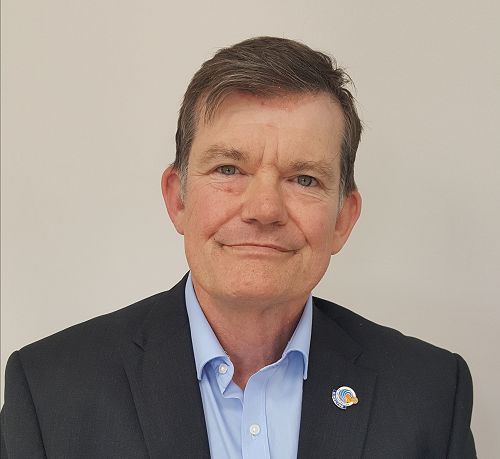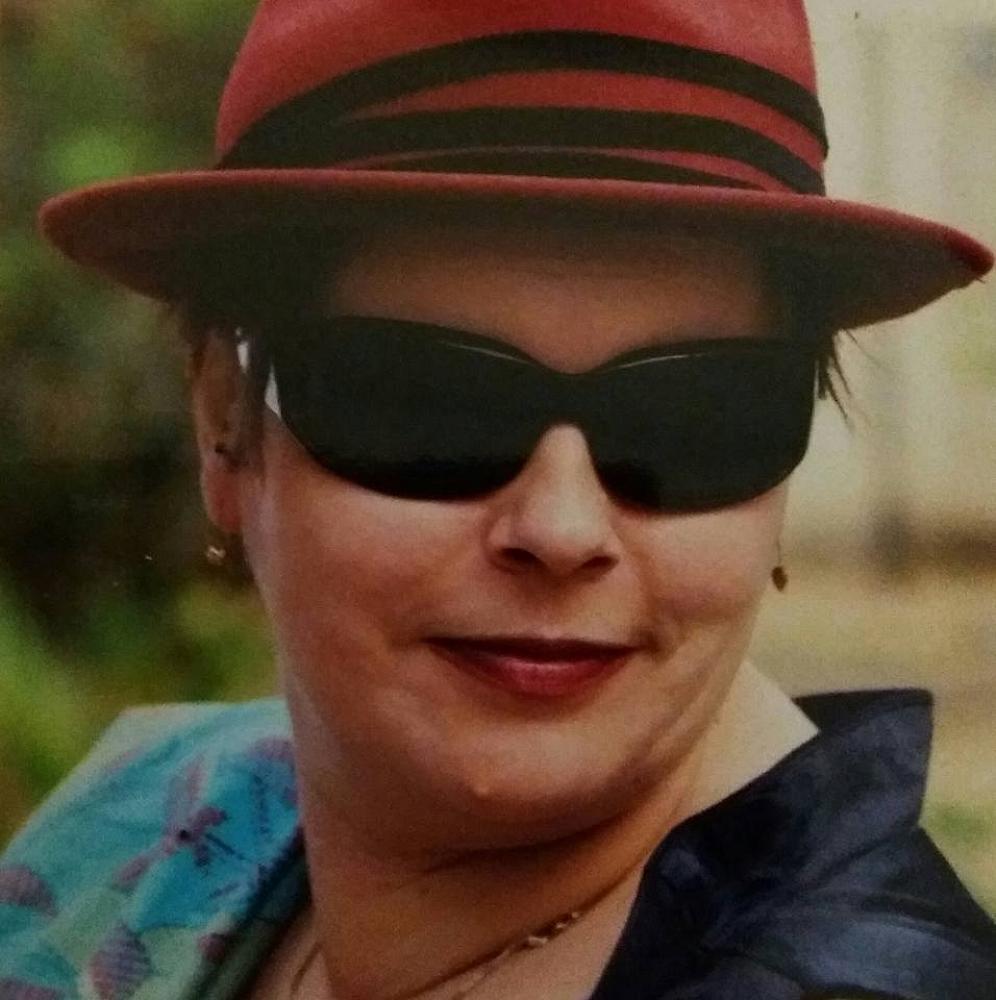
THE ONGOING VALUE AND IMPACT OF THE ROTARY PEACE FELLOWSHIPS.
Since the graduation of the first Rotary Peace Fellows in 2004, there are now more than 1600 Fellows making a difference in the world. D9465 Fellow Kate Huth returned to Australia in 2020, after completing her Masters at the University of North Carolina, to take up the role of Education Coordinator at “Teacher in a Box” (TIB) project, run by the Rotary club of Paddington, Brisbane.
Article by Graeme Thygesen, District 9465 Rotary Peace Fellowships Chair
“Rotary is not a university and yet it has an educational task to perform, and that task is to divert the world mind to thoughts of friendly cooperation” – Arch Klumph 1921
With the horrors of the First World War still fresh in the minds of the Delegates to the 1921 International convention in Edinburgh, Scotland, amended the association’s constitution. The goal “to aid in the advancement of international peace and goodwill through a fellowship of business and professional men of all nations united in the Rotary ideal of service” was included.
Over the years the approach to achieve the advancement of Peace and Friendly Cooperation changed but not the desire. In 1999, approval was given for the creation of Rotary Peace Centres. These centres are situated in universities in USA, UK, Sweden, Japan, Australia, Thailand and Uganda.
The Vision of the Rotary Peace Centre Program is one of sustainable peace which encompasses a network of peacebuilders and country leaders dedicated to preventing and resolving conflicts around the globe.
The initial class of Rotary Peace Fellows commenced their studies in 2002. To date there are over 1,600 graduates working in more than 115 countries. Up to 130 fellows are selected each year, selection is based on personal / academic and professional achievements. The selected fellows earn either a Masters or a Post Graduate Diploma in Peace & Development studies from one of the seven Rotary Peace Centres.
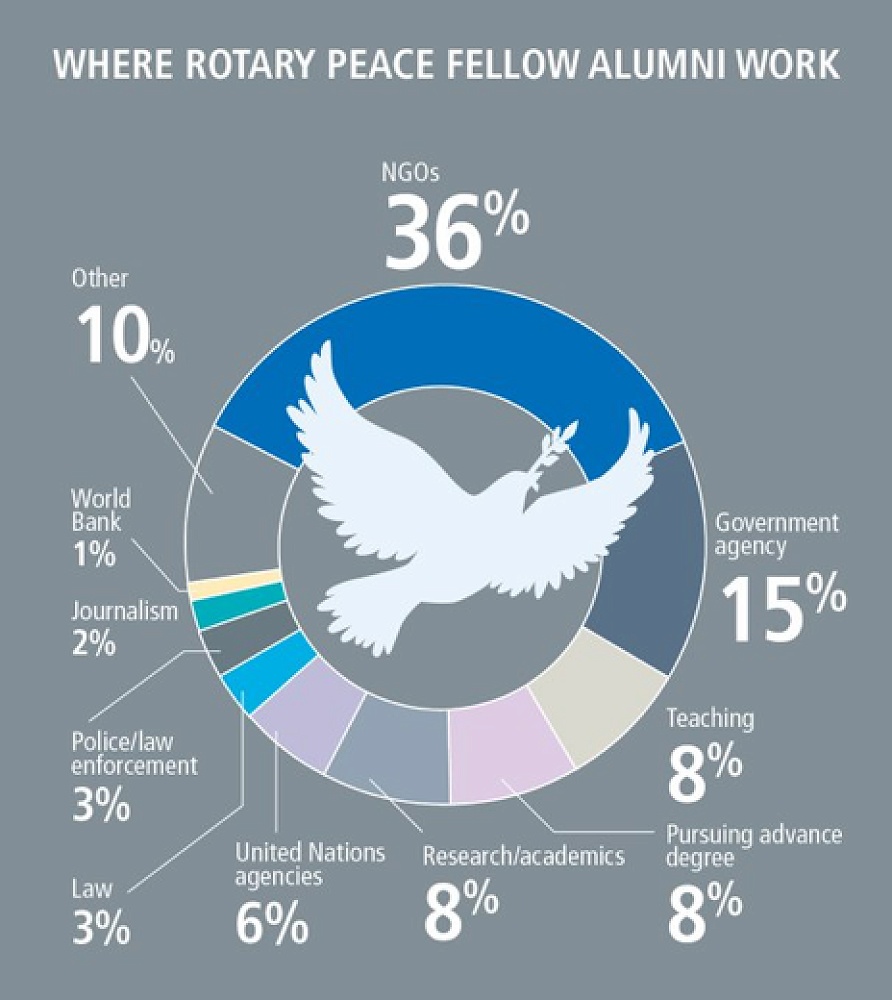
A recent Rotary Peace Fellow from District 9465 was Kate Huth. After talking to Kate, there is no doubt that she was a worthy recipient of a Rotary Peace Fellowship. Her involvement with Rotary can be traced back to 1997 when she went to Denmark as a Rotary Exchange student.

An Educationalist by profession, Kate has a special interest in languages, primarily in teaching English as a Second Language. This passion has seen her teaching ESL in places as diverse as Italy and Indonesia.
Kate has strong commitment to her community. This is reflected by her involvement with Apex which she joined in 1999. Over the years she has held a number of positions within the Apex organisation which included being elected as National President in 2013-14 and culminating in being the Apex Global Chairman in 2015-16.
Kate enrolled in the Global Studies program at the University of North Carolina. It was here that she prepared her thesis on an Educational project called “Teacher in a Box” run by the Rotary club of Paddington, Brisbane.
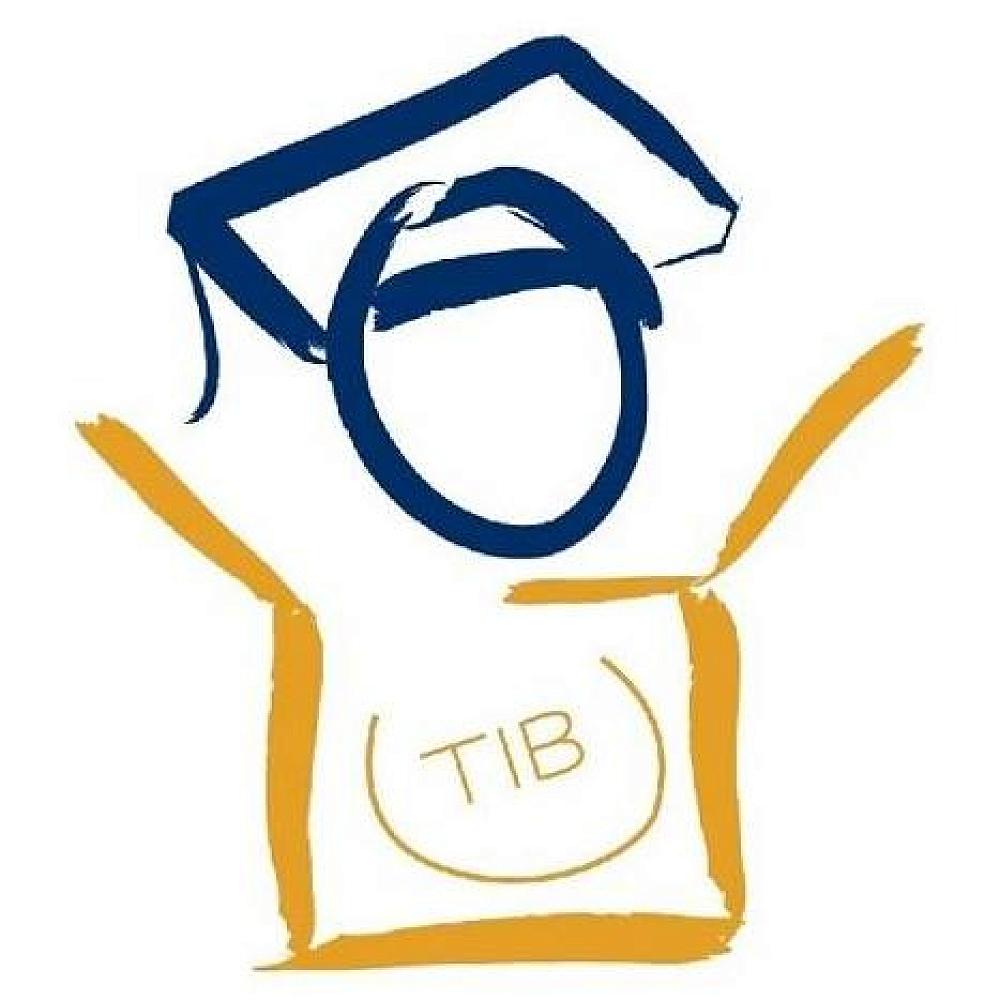
Since coming back to Australia in 2020, Kate has been appointed as the education coordinator. The “Teacher in a Box” project started by taking old computers, clearing the hard drives and filling them with all sorts of things, mainly educational but also community and peace building, then sending them to clubs in other countries who have identified schools and communities who need these types of resources. The computers come with a wi-fi broadcaster, so they create their own closed LAN network.
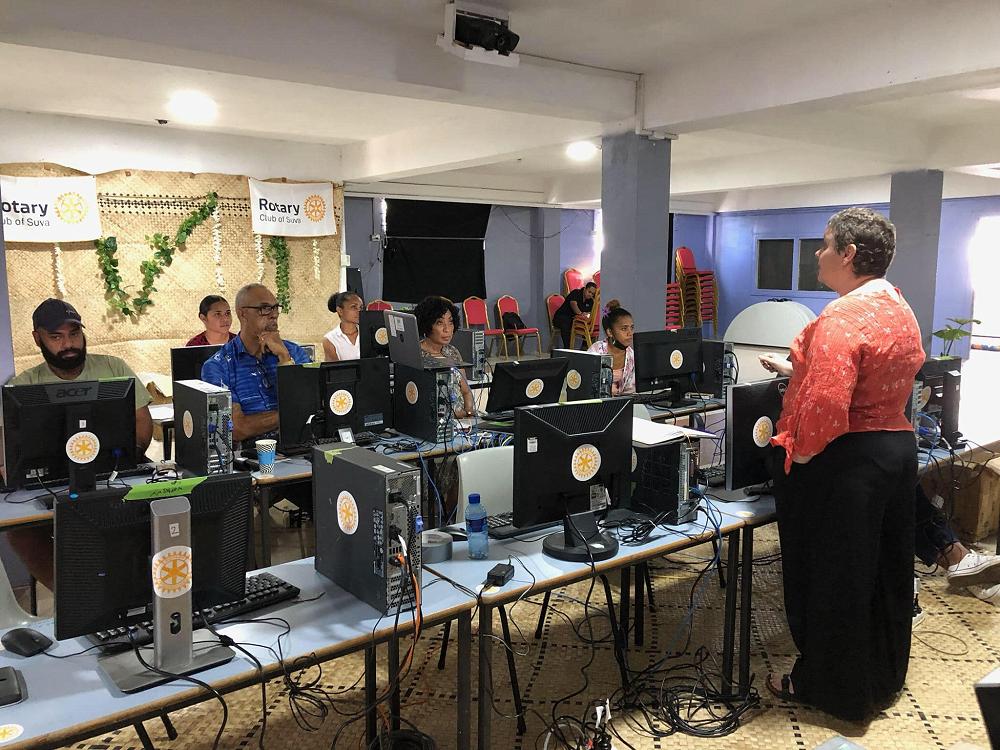
With the research Kate undertook for her Masters at the University of North Carolina has changed the direction of the project. As Kate said “Now, instead of single computers going to clubs we are talking whole of country deployments. The project is in discussions with governments and departments of Education in Vanuatu, Fiji, Papua New Guinea, Philippines, Zimbabwe, and Tanzania – and that is just in January. We still do the smaller send outs. In the last few months devices have gone to Indonesia, Nepal, Zambia, and a couple of others”.
So, what is next on the horizon for Kate? She says that she is currently in discussions with other Rotary Peace Fellows about doing a trial of the “Teacher in a Box” project into refugee camps in Kenya.
This is glowing endorsement for the benefits of the Rotary Peace Fellowship. If you are aware of a person who would make an excellent Rotary Peace Fellow, applications are now open. Candidates have until the 15th May to submit their application to District. More information about the process and the programs on offer can be found here: https://www.rotary.org/en/our-programs/peace-fellowships
Gallery
